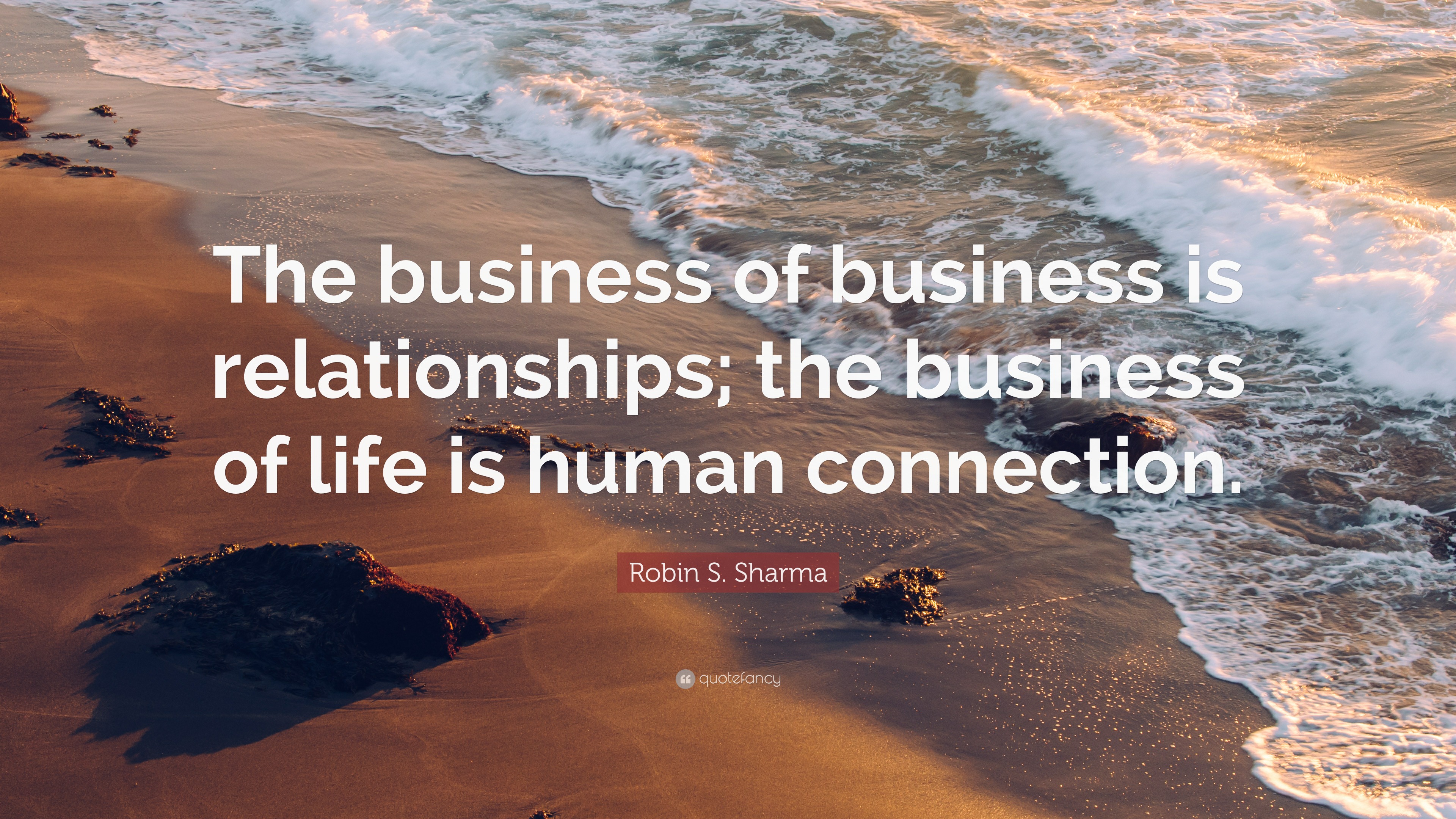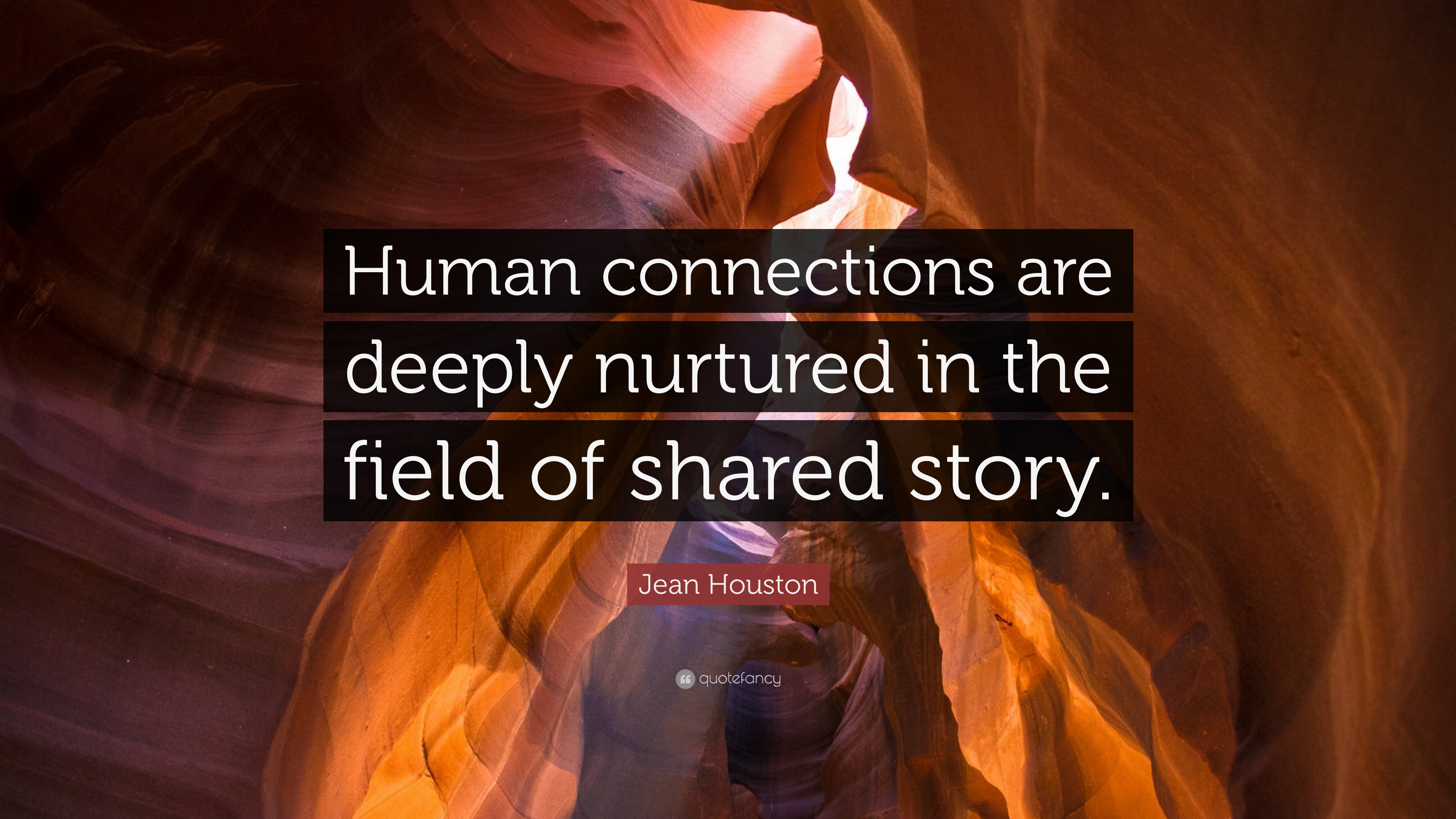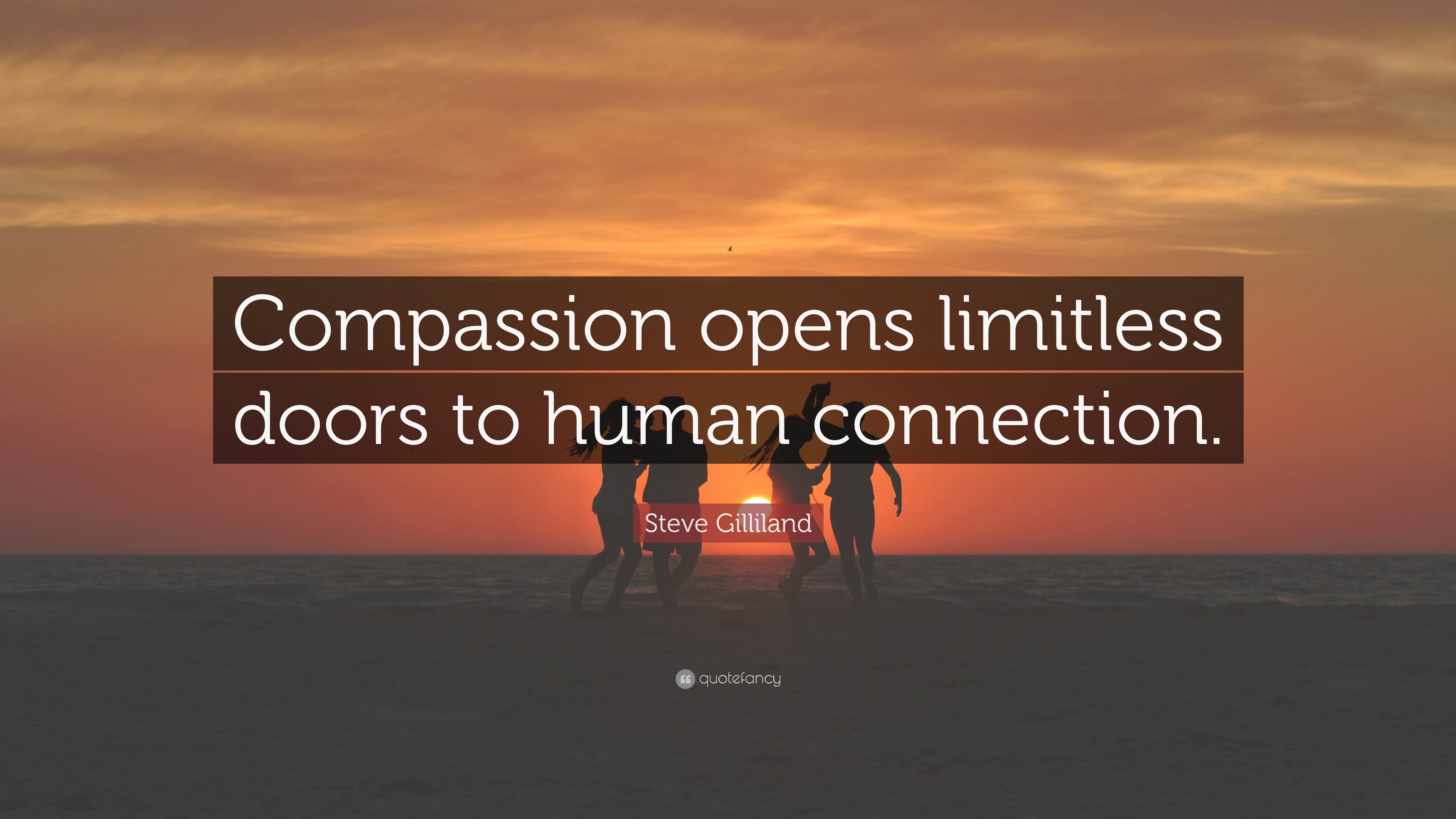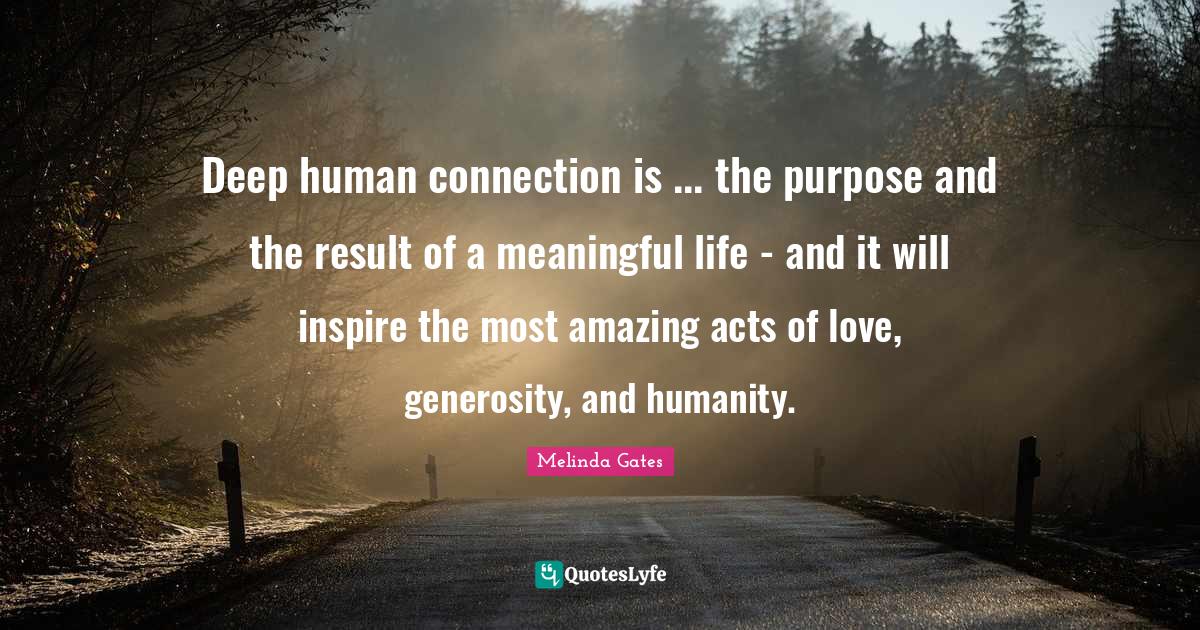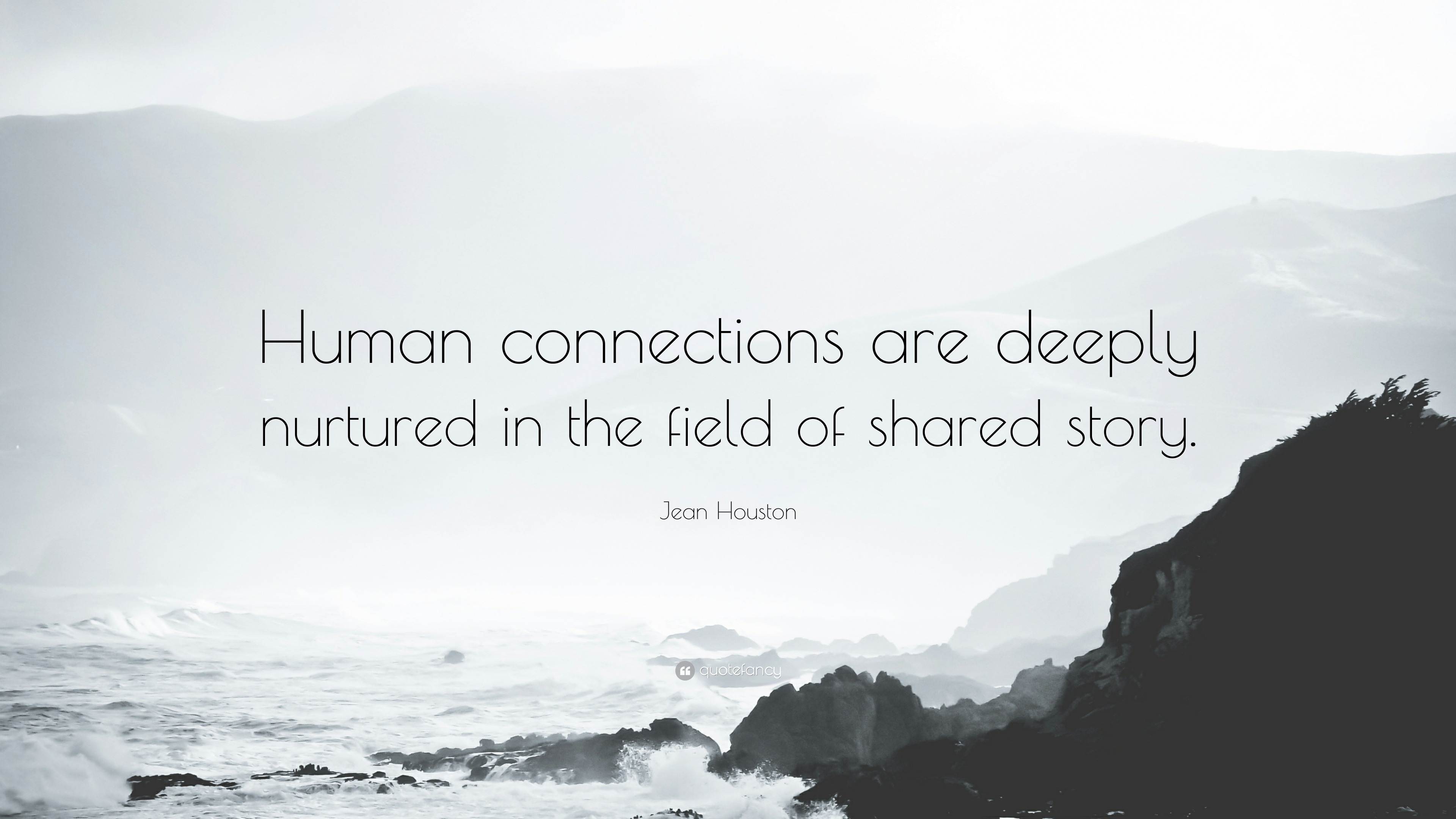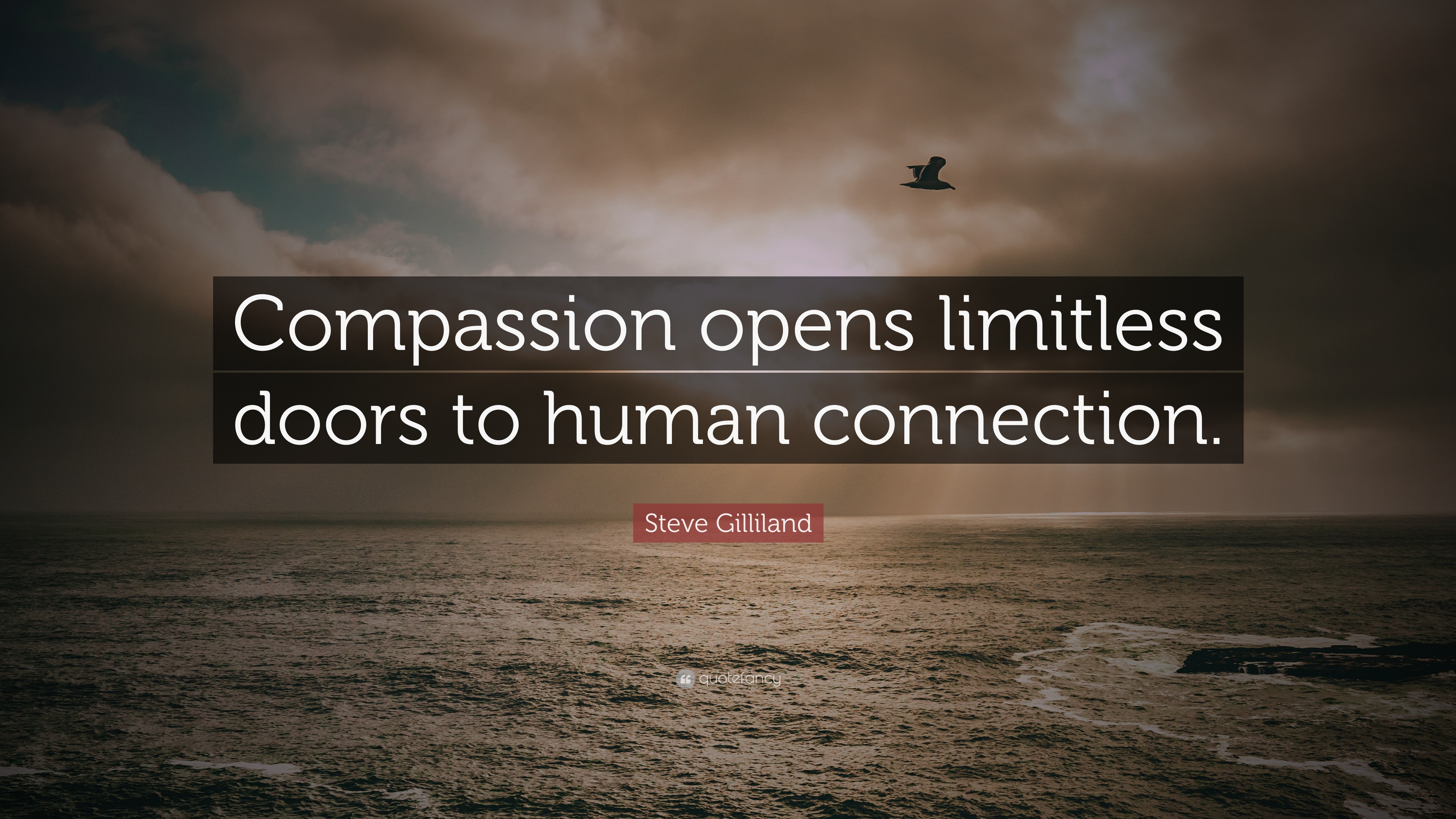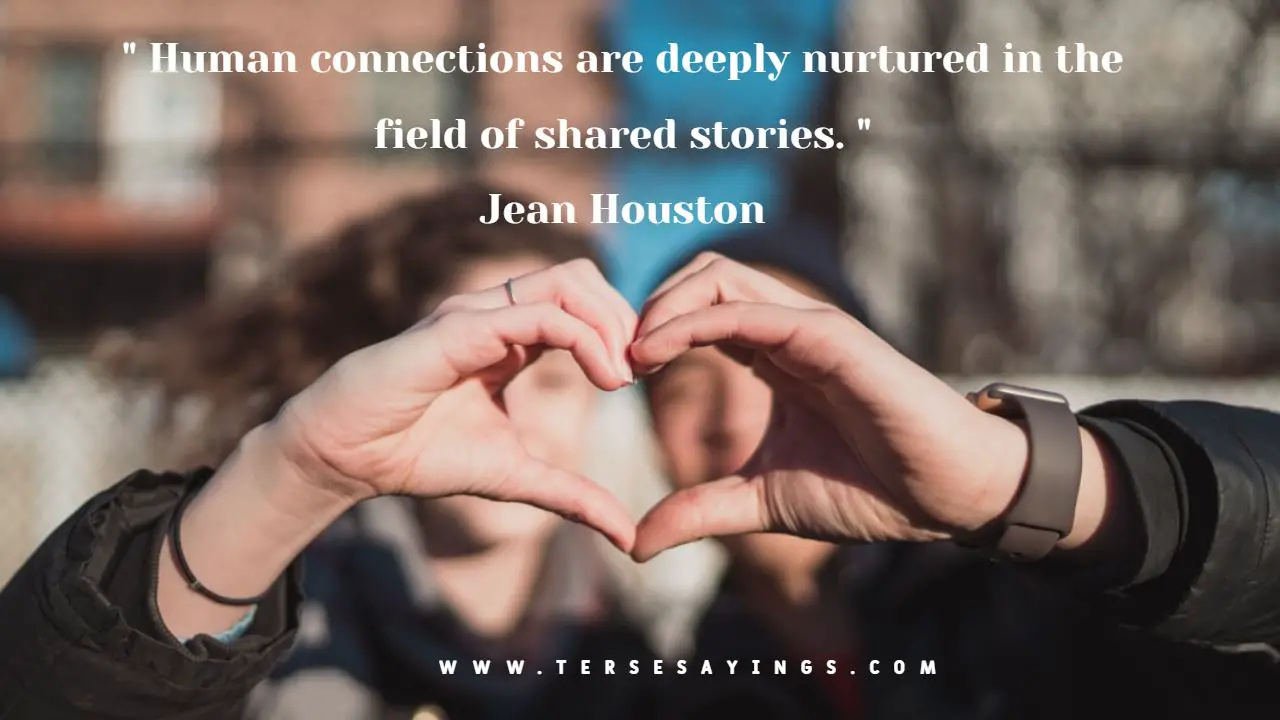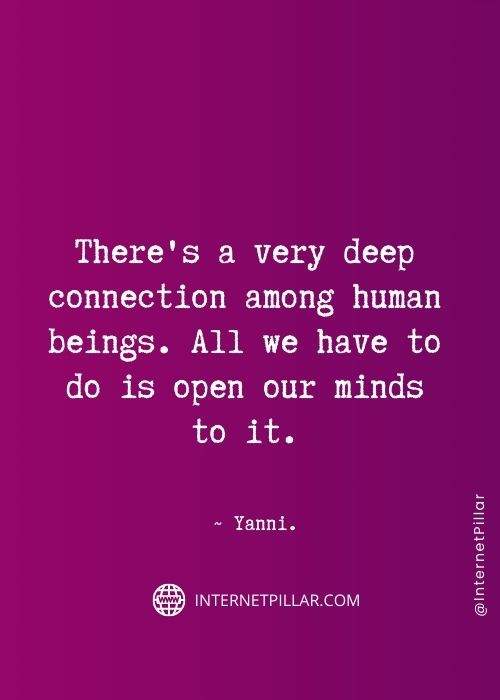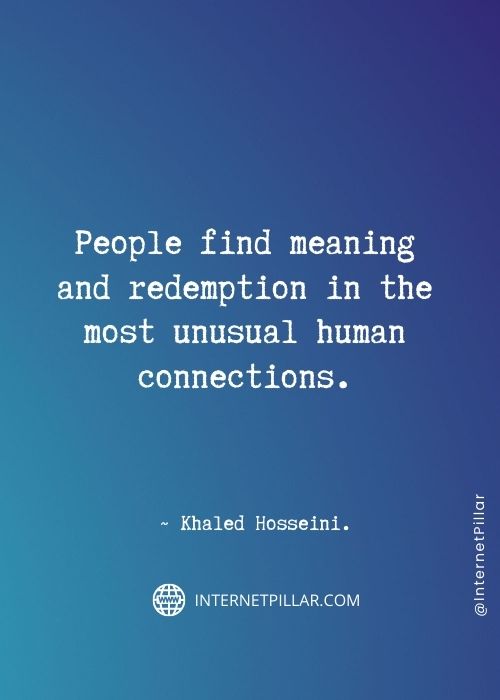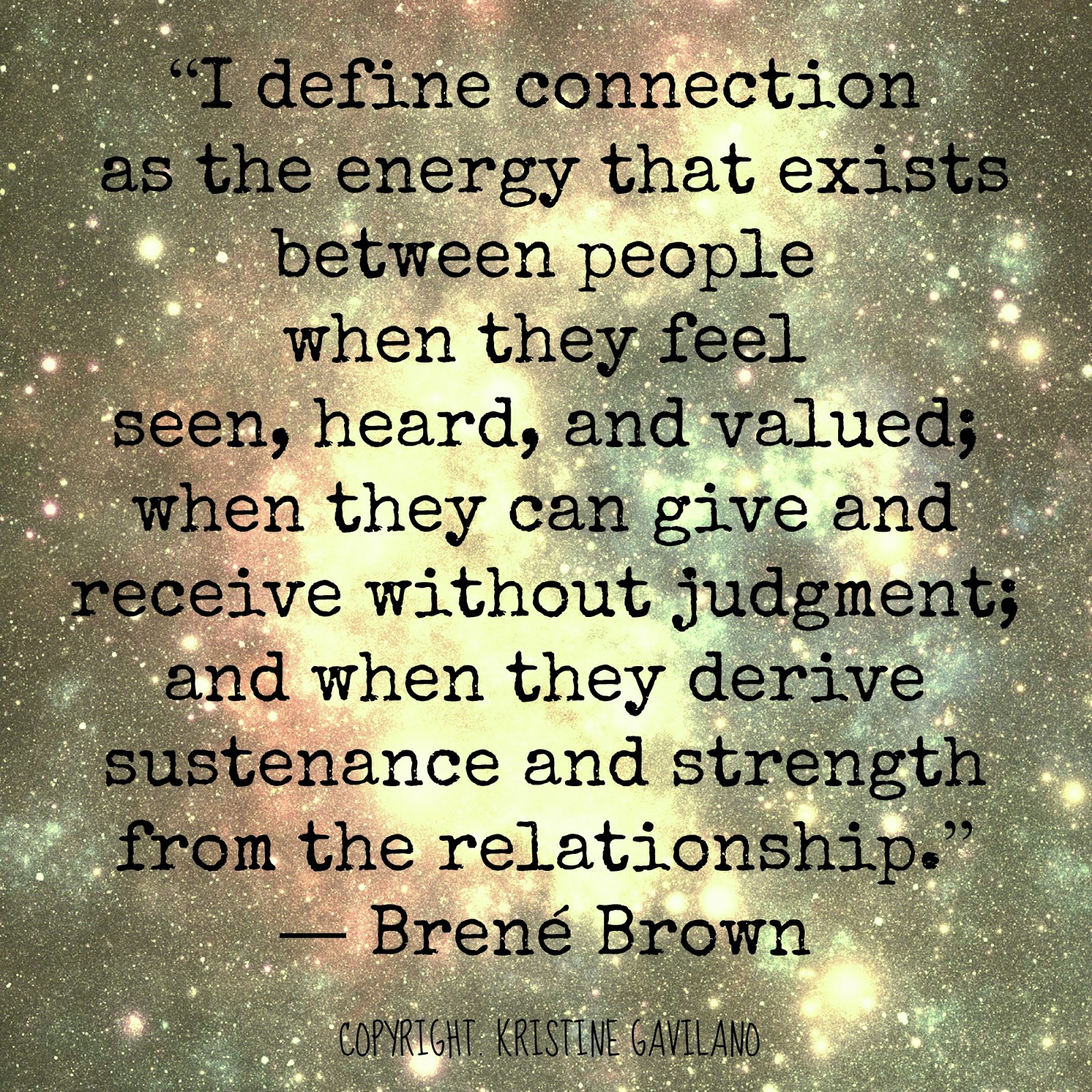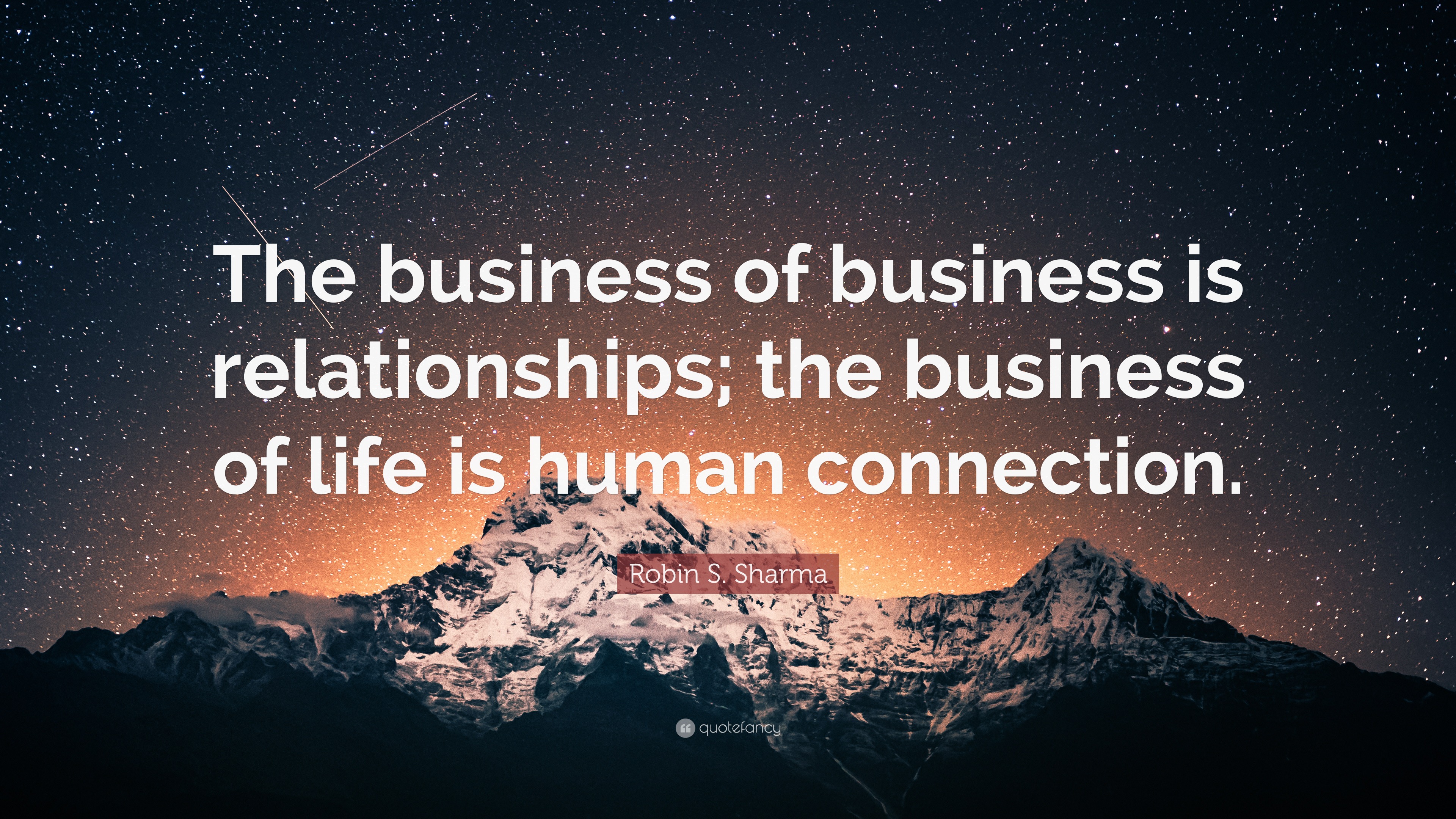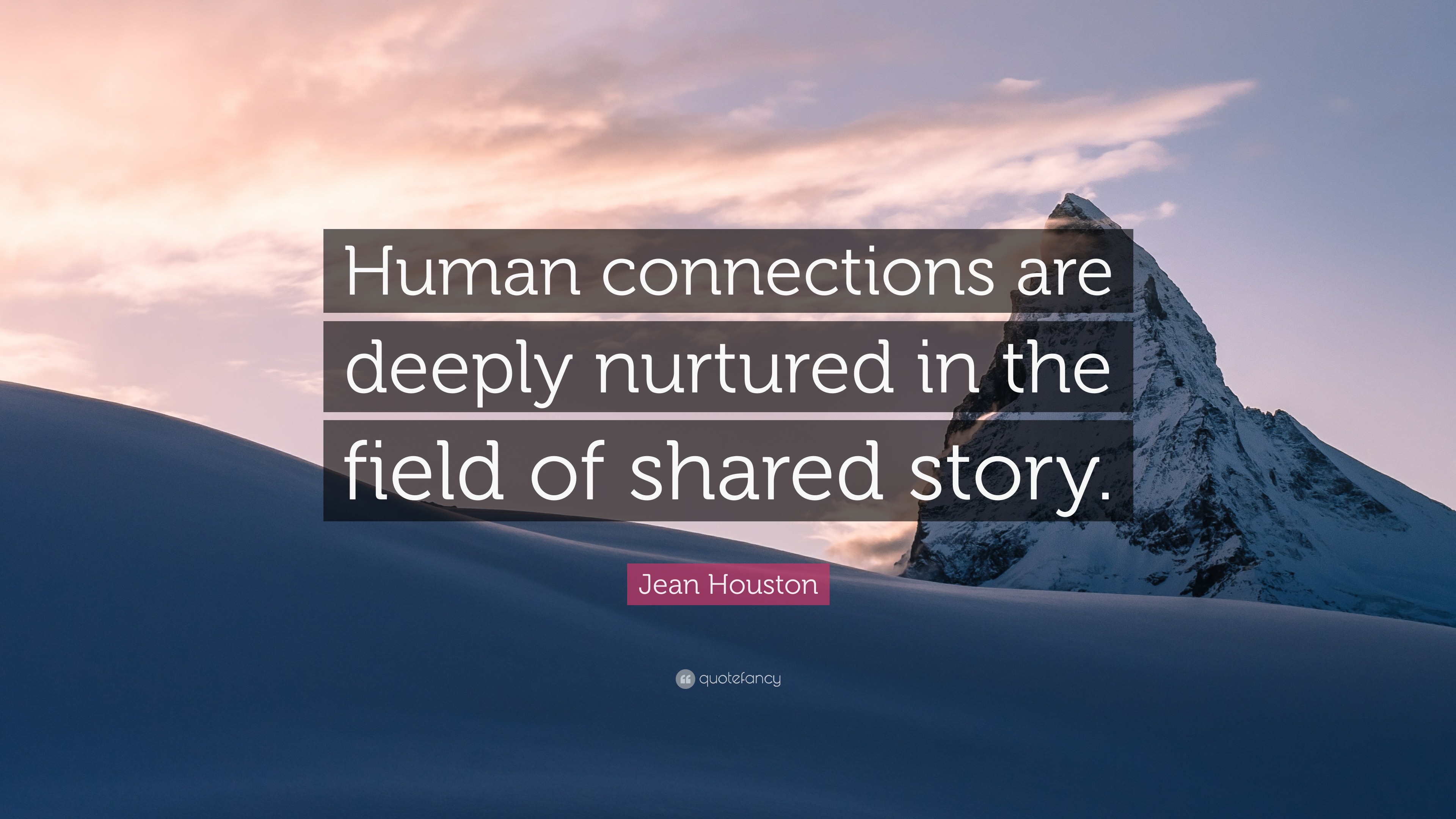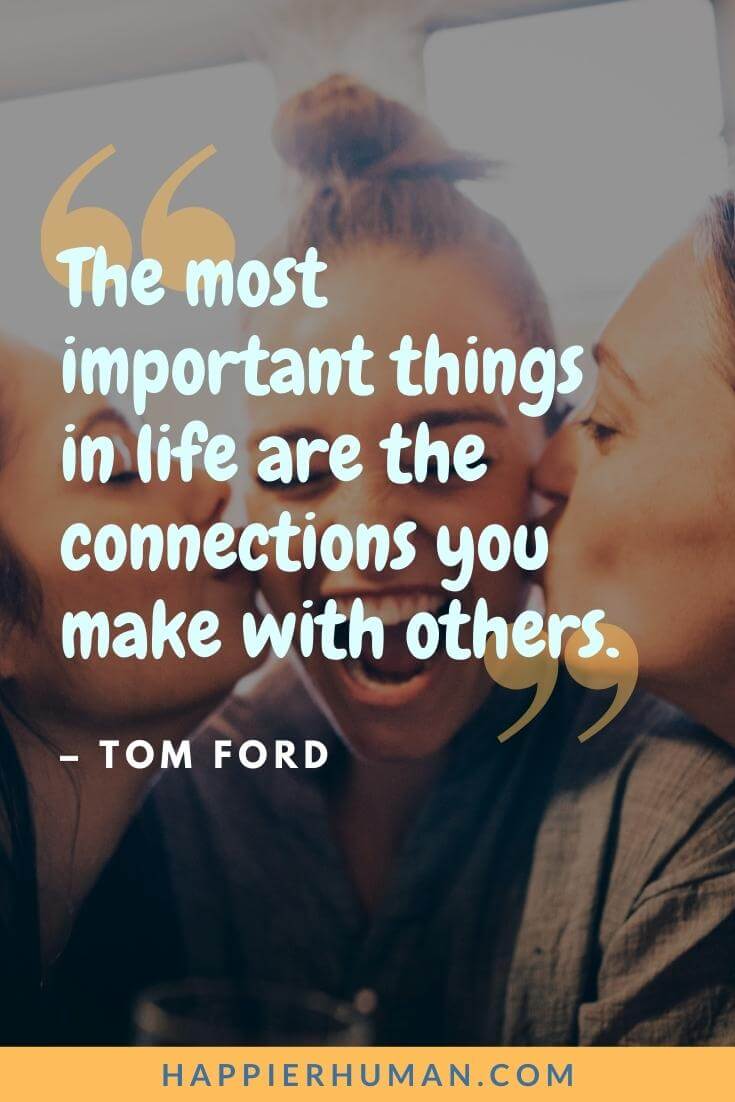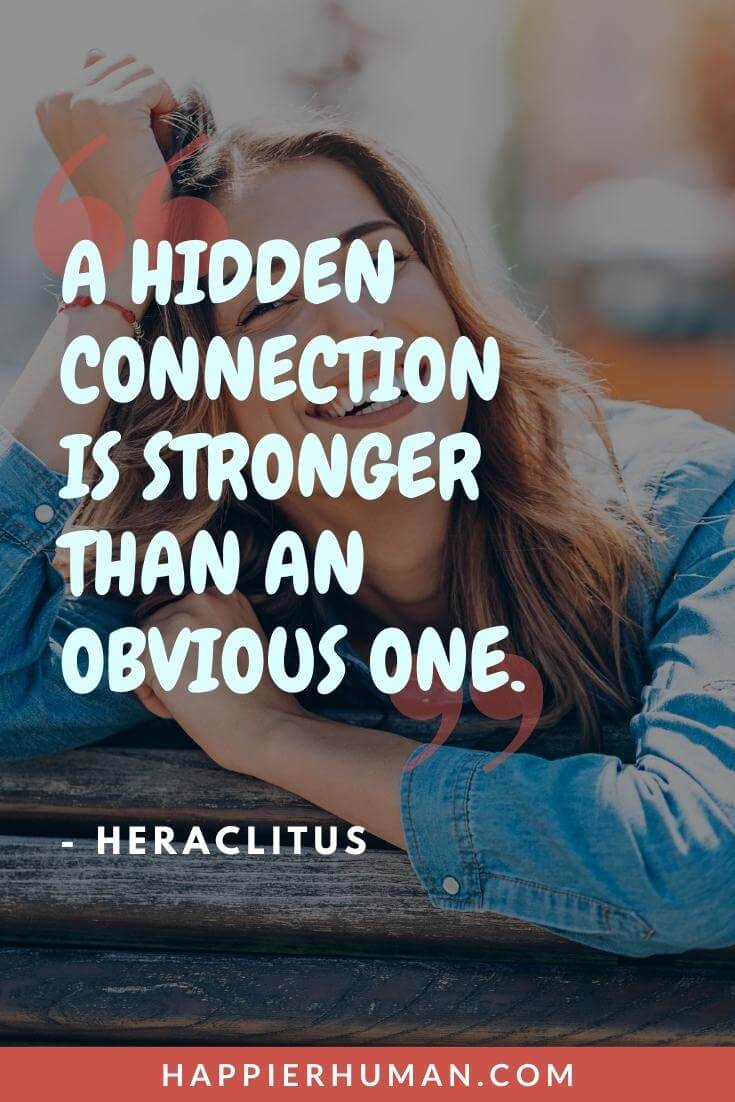Human Connection Connection Quotes
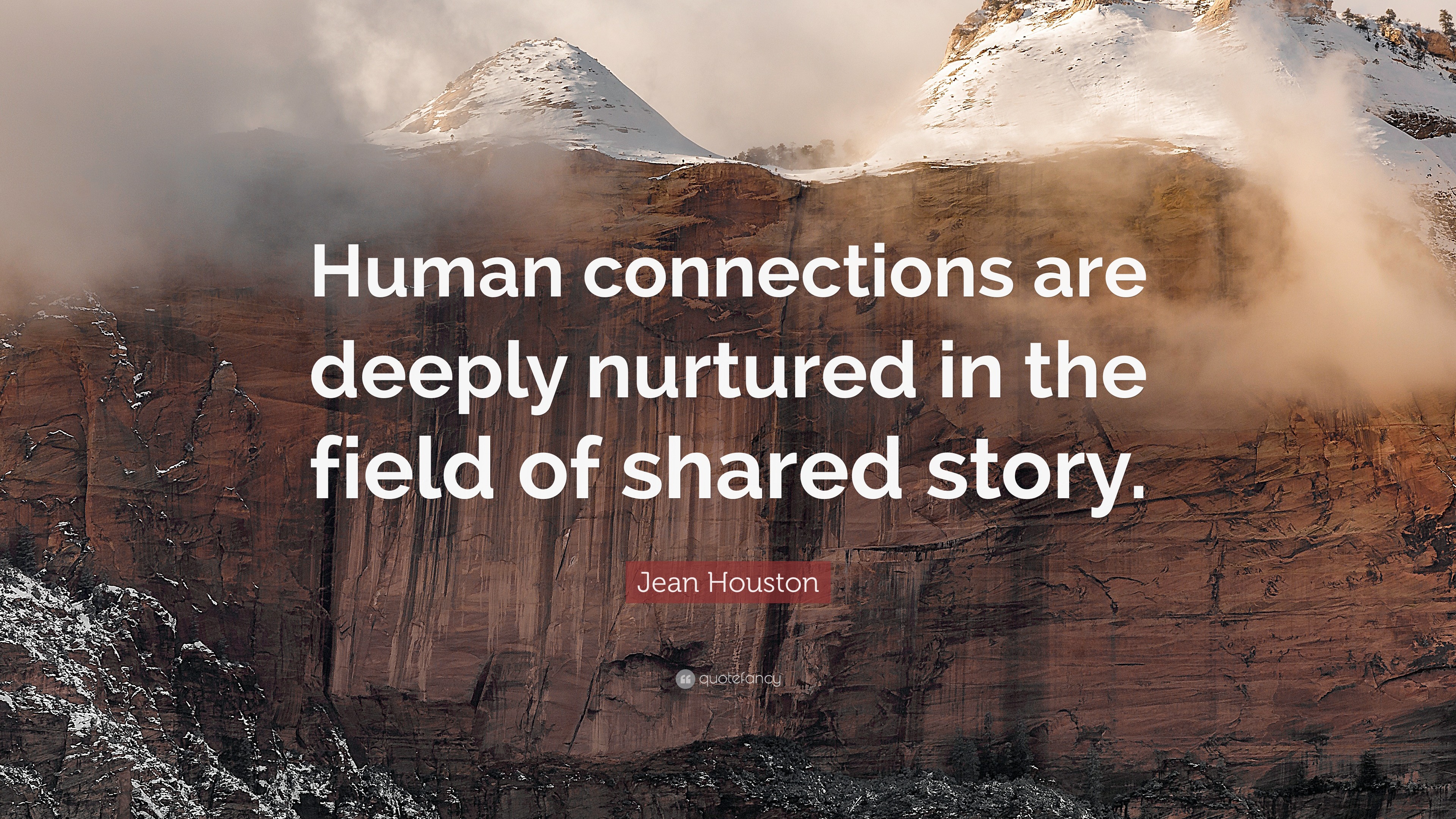
In an increasingly digital world, a growing body of evidence suggests a stark and unsettling truth: human connection is dwindling. From rising rates of loneliness and social isolation to the erosion of community bonds, the repercussions are being felt across societies, impacting mental and physical health, economic productivity, and even political stability. The search for solutions, and a renewed emphasis on the value of genuine interaction, has become a critical imperative for researchers, policymakers, and individuals alike.
At the heart of this concern lies a fundamental question: how do we foster and maintain meaningful connections in a world characterized by technological advancement, globalization, and individualistic values? This article delves into the current state of human connection, explores the underlying causes contributing to its decline, examines the consequences for individuals and society, and investigates potential strategies for rebuilding and strengthening these vital bonds. Understanding the nuances of this issue is crucial for creating a more connected and thriving future.
The State of Connection: A Troubling Trend
Studies from organizations like the Centers for Disease Control and Prevention (CDC) have painted a worrying picture of increasing social isolation, particularly among young adults and older adults.
A 2023 report from the U.S. Surgeon General, "Our Epidemic of Loneliness and Isolation," characterized loneliness as a public health crisis with comparable health risks to smoking 15 cigarettes a day.
This report highlights the widespread feeling of disconnectedness, citing factors like decreased participation in community organizations and the rise of remote work as contributing factors.
The Roots of Disconnection: A Multifaceted Problem
Several factors contribute to the erosion of human connection. The proliferation of social media, while offering avenues for digital communication, can paradoxically lead to feelings of isolation and inadequacy through curated online personas and constant comparison.
As Sherry Turkle, an MIT professor, argues in her book "Reclaiming Conversation," face-to-face interaction is essential for developing empathy and understanding.
Furthermore, increased geographical mobility and changing family structures have weakened traditional support networks, leaving individuals feeling more isolated and vulnerable.
Economic pressures, such as long working hours and financial insecurity, can also limit the time and energy available for building and maintaining relationships.
Consequences of Isolation: A Ripple Effect
The consequences of social isolation are far-reaching. Research consistently links loneliness to increased risk of depression, anxiety, heart disease, and cognitive decline.
A meta-analysis published in Perspectives on Psychological Science found that weak social connections are associated with a 50% increased risk of early death.
Beyond individual health, social isolation can also undermine social cohesion, leading to increased polarization and a decline in civic engagement.
Economically, reduced productivity and increased healthcare costs associated with loneliness place a significant burden on societies.
Rebuilding Bridges: Strategies for Connection
Addressing the crisis of disconnection requires a multi-pronged approach. Fostering community involvement through volunteer opportunities, local events, and accessible public spaces can provide opportunities for meaningful interaction.
Promoting digital literacy and responsible social media use is crucial for mitigating the negative effects of online interaction.
Initiatives that support intergenerational connections, such as mentoring programs and community activities that bring together different age groups, can combat age-related social isolation and foster a sense of belonging.
Workplace policies that prioritize employee well-being, such as flexible work arrangements and opportunities for social interaction, can also play a significant role in promoting connection.
Quotes on Connection: Guiding Principles
Throughout history, thinkers and leaders have emphasized the importance of human connection. "The most beautiful discovery true friends can make is that they can grow separately without growing apart," Elizabeth Foley highlights the endurance of strong bonds.
"No man is an island, entire of itself; every man is a piece of the continent, a part of the main," wrote John Donne, emphasizing our interconnectedness.
"Only connect! That was the whole of her sermon. Only connect the prose and the passion, and both will be exalted," E.M. Forster wrote, highlighting the vital need for meaningful interaction.
Looking Ahead: A Connected Future
Reversing the trend of disconnection is a complex challenge, but not an insurmountable one.
By recognizing the importance of human connection and implementing evidence-based strategies, societies can create environments that foster meaningful relationships and promote well-being.
Ultimately, building a more connected future requires a collective commitment to prioritizing empathy, understanding, and genuine interaction in all aspects of life. The future depends on our ability to cultivate meaningful connections.
